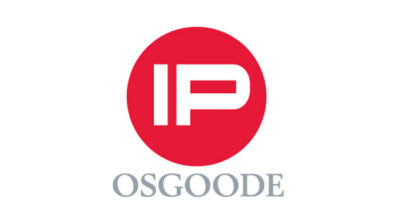
The US Copyright Office Clarifies that Copyright Protection Does Not Extend to (Exclusively) AI-Generated Work
Katie Graham is an IPilogue Writer and a 2L JD Candidate at Osgoode Hall Law School In March 2022, the Canadian Intellectual Property Office (“CIPO”) allowed its first artificial intelligence (AI)-authored copyright registration of a painting co-created by the AI tool, RAGHAV Painting App (“RAGHAV”), and the IP lawyer who created RAGHAV, Ankit Sahni. RAGHAV is the […]

